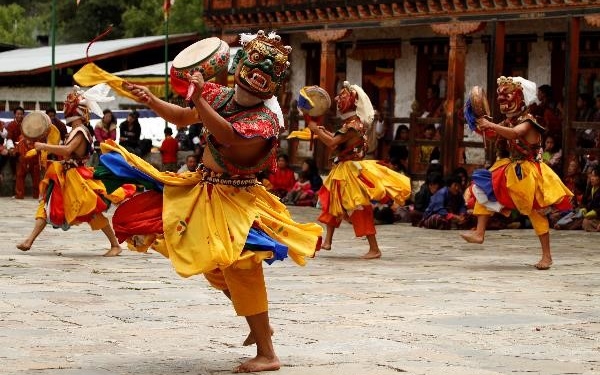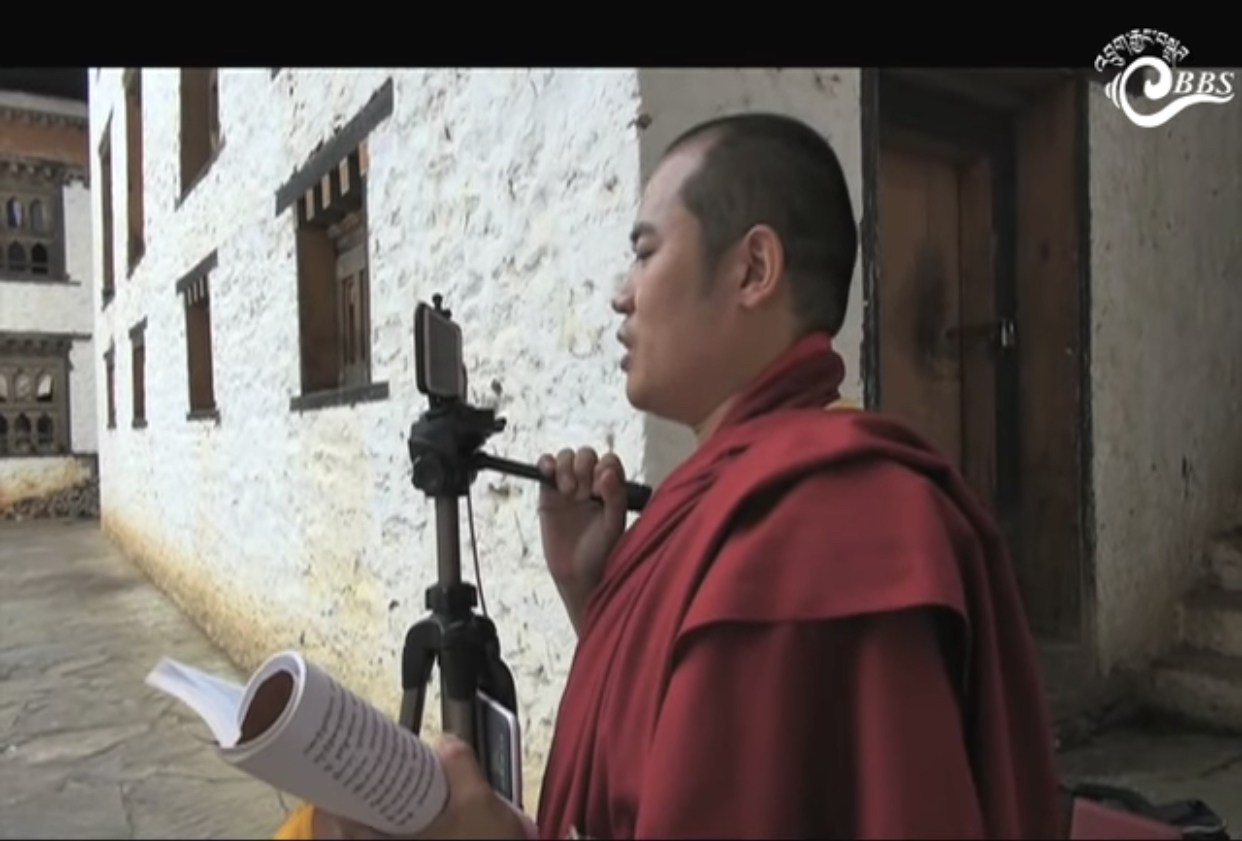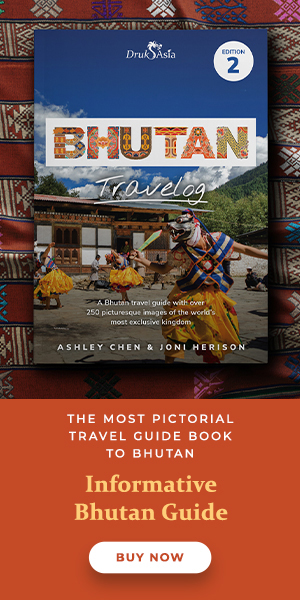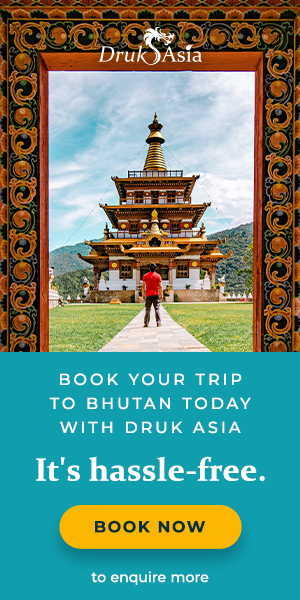Virtual Tsechu in Bhutan amid Pandemic.
Tsechu (Festival ) is one of the biggest religious celebrations of the Bhutanese year in every district in Bhutan. Tsechu has been held annually since the 17th century when Zhandrung Ngawang Namgyel, the founder of Bhutan initiated the festival in Bhutan. Bhutanese from all walks of life join the residents of the districts dressed in traditional costumes to attend the Grand Festival once a year.

This year for the first time in the history of Bhutan, amid the pandemic, all the religious events are conducted behind closed doors. Bhutan is not reprieving devotees to the workshop. For instance, in Wangdue Phodrang, the annual Goempoi Dromchoe was streamed online on Facebook this time.
The courtyard at the Wangdue Phodrang Rabdey which otherwise use to be jam-packed with the people from various parts of the districts had an incomplete look this season. No spectators were allowed due to the pandemic, only mask dancers and monks were seen taking part in the four long day Dromchoe this time. Meanwhile, the health protocols are strictly followed among the monks and mask dancers to avoid the possible spread of the virus. The residents of Wangdue Phodrang are hopeful to attend the annual event next year.

Monk presiding the indoor Tsechu in Wangdue Phodrang
Meanwhile Thimphu Dromchoe and Tsechu this year will also be held indoors. According to the Ministry of Home and Culture Affairs, Festivals and other activities will have to be conducted behind closed doors due to COVID-19 Pandemic. While rituals and mask dances are allowed but Baychham, cultural items, and gathering of people are prohibited.
The Mask Dance
The masked dances or Cham in Bhutan is one of the most conspicuous religious musical sub-genres in Bhutan having origins in the 8th century. The founder of Bhutan, Zhabdrung Ngawang Namgyel, and Terton (Religious treasure revealer)Pema Lingpa are credited for introducing many masked dances into Bhutanese traditions. Performed during the religious festivals called Tsechus, Masked dances serve to bring enlightenment for onlookers, while also acting ritual purification to ward of the evils. The people watch masked dances to reap spiritual merit. The music and choreography of some masked dances are associated with the prehistoric Bon religion.
Along with traditional music, masked dances and dance dramas are common participatory components of folk music and feature prominently at Tshechus (Festivals). Energetic dancers wearing colorful wooden or composition face masks employ special costumes and music to depict heroes, demons, death heads, animals, gods, and caricatures of common people.
Most Popular Tsechu in Bhutan
The Thimphu Tsechu is the biggest festival in Bhutan among other religious touches that happen in every district albeit on different dates. It is held for three days during the 8th lunar month and it brings thousands of people to the capital.
The festival is held at the courtyard near Tashichhodzong at Tendrel Thang. The actual Tscehu is preceded by days and nights of prayers and rituals to invoke the gods. As the population in Bhutan's capital is rising, the crowd at the Thimphu Tsechu has been increasing year on year coupled with the rising number of tourists from overseas.
Video of Thimphu Tsechu
https://www.youtube.com/watch?v=QrAzM9wZmoo




